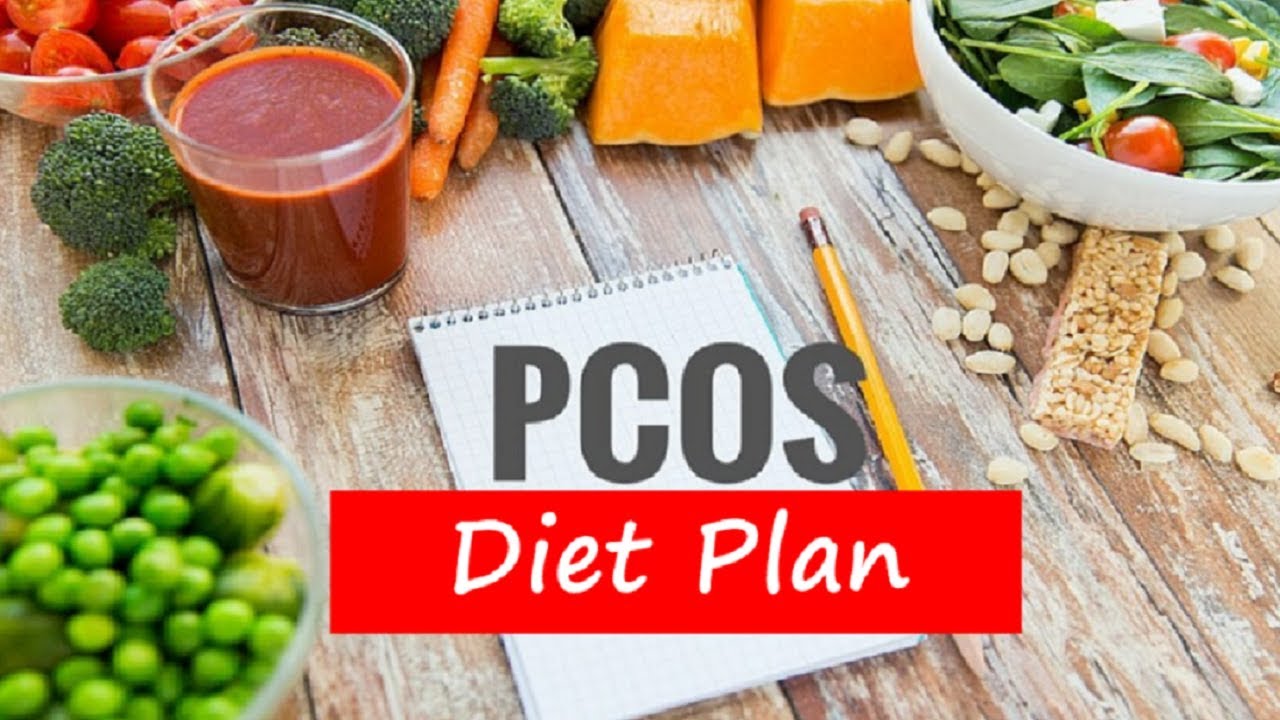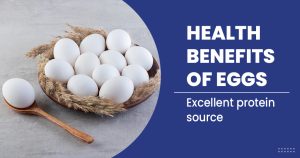PCOS Diet Plans: PCOS (Polycystic Ovarian Syndrome) is a common disease among girls that occurs during reproductive age due to hormonal imbalance. If seen, there are more than 100 million women all over the world who have PCOS.
Weight gain, diabetes, depression, excess facial hair, weight gain, irregular or absent menstruation, difficulty in bearing a child are signs of PCOD. If it is not treated at the right time, then you may have to face many problems in future. In today’s article, we are going to tell you about the PCOS diet. This diet plan helps women to improve mentally and physically.
What is PCOS?
PCOS stands for Polycystic Ovary Syndrome. It is a common hormonal disorder that affects women of reproductive age. The main features of PCOS include irregular menstrual periods, high levels of androgens (male hormones) and the presence of multiple small cysts on the ovaries.
These symptoms can lead to difficulty getting pregnant, acne, and excessive hair growth on the face and body. PCOS is also associated with metabolic disturbances, such as obesity and insulin resistance, which can increase the risk of developing diabetes and heart disease. The exact cause of PCOS is not known, but it is thought to be related to a combination of genetic and environmental factors.
What is pcos symptoms?
The symptoms of PCOS can vary widely among women, but some of the most common include:
Irregular periods
Irregular periods are a common symptom of PCOS. This can include infrequent periods (fewer than eight per year), irregular menstrual cycles (the length of time between periods varies), or no periods at all (amenorrhea). This is due to the hormonal imbalances that occur in PCOS, which can disrupt the normal functioning of the ovaries and the menstrual cycle.
Excess androgen
Excess androgen is one of the main features of PCOS. Androgens are a group of hormones that include testosterone, which are typically associated with male characteristics, but are also present in women. In women with PCOS, the ovaries produce more androgens than normal, which can lead to a variety of symptoms.
Treatment for excess androgen symptoms typically involves medications, such as birth control pills or anti-androgen drugs, that can help regulate the levels of hormones in the body and reduce symptoms.
Polycystic ovaries
Polycystic ovaries (PCO) is a condition where the ovaries become enlarged and contain multiple small cysts. These cysts are fluid-filled sacs that develop in the ovaries and are a characteristic of PCOS. They are not harmful in themselves but can disrupt the normal functioning of the ovaries and menstrual cycle.
Insulin resistance
Insulin resistance is a common feature of PCOS and is thought to be caused by the hormonal imbalances that occur in this condition. The high levels of androgens (male hormones) produced by the ovaries in PCOS can interfere with the action of insulin in the body, making cells less responsive to insulin.
Depression and anxiety
Women with PCOS may experience feelings of sadness, hopelessness, or a lack of interest in activities they once enjoyed as a result of their condition. They may also feel self-conscious or unhappy with their appearance due to symptoms such as acne, hirsutism (excessive hair growth), or weight gain. Additionally, the stress of dealing with infertility or difficulty getting pregnant can also contribute to feelings of depression and anxiety.
It’s important to note that not all women with PCOS will experience all of these symptoms, and the symptoms can vary in severity. It is best to consult a doctor for a proper diagnosis and personalized treatment plan.
PCOS Diet Plan: How does diet affect PCOD?
Whatever food we eat has a great effect on our body. If you take a balanced diet then it has a good effect on PCOS. With the help of certain foods you should avoid to deal with this condition. They are:
1. Low GI Foods for PCOS
If you are suffering from PCOS disease then you should eat low GI foods, they do not increase insulin levels as compared to other food. Therefore, eating foods with a low GI may reduce symptoms associated with PCOS. A low GI diet includes whole grains, legumes, nuts, seeds, fruits, non-starchy vegetables and low-carbohydrate foods.
Also Read – Pudin Hara Benefits and Side Effect, Uses for your health
2. Anti Inflammatory Foods for PCOS
Inflammation can be both right and harmful to the body. It can help protect your body from both injury and infection. Yet, on the other hand chronic inflammation can lead to diseases. Certain foods can help you fight inflammation along with reducing the symptoms associated with PCOS.
These include berries, fatty salmon, leafy greens and extra virgin olive oil, which may help reduce inflammatory symptoms.
3. Low Carb Foods for PCOS
Low carb diet is best for PCOS. However, for PCOS, you should eat foods rich in high quality carbs. Therefore, instead of carbs, pay more attention to the intake of vegetables, healthy fats and proteins. Which help women to deal with PCOS.
4. Gluten and Dairy Free Diet for PCOS
If you have the problem of PCOS, then for this you should consume gluten and dairy-free diet, this can reduce your body weight by 5 to 10%. It is very important for women to take care of this.
FAQ – PCOS Diet Plan
Many girls are facing this type of disease even at a young age. Due to which it is very normal to have problems like weight gain and hair growth on the body. If women take good care of their diet and health, then PCOS can be got rid of.
- Common Health Tips For Healthy Lifestyle & Happy Living
- Best Health Benefits of Eating Onions in Summer
- Benefits Of Drinking Hot Water For Health
Exclusive Hollywood News, Health Tips and Top 10, visit BollywoodTadka. Join our FACEBOOK page for the latest updates on all the news of the country and the world.



